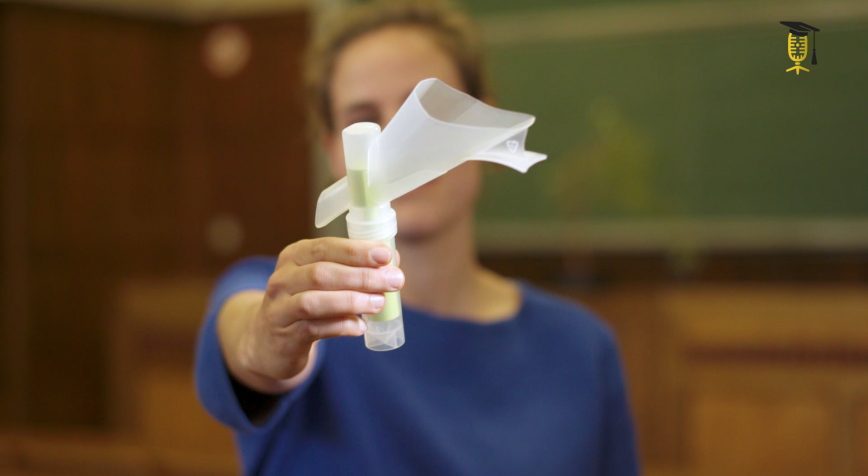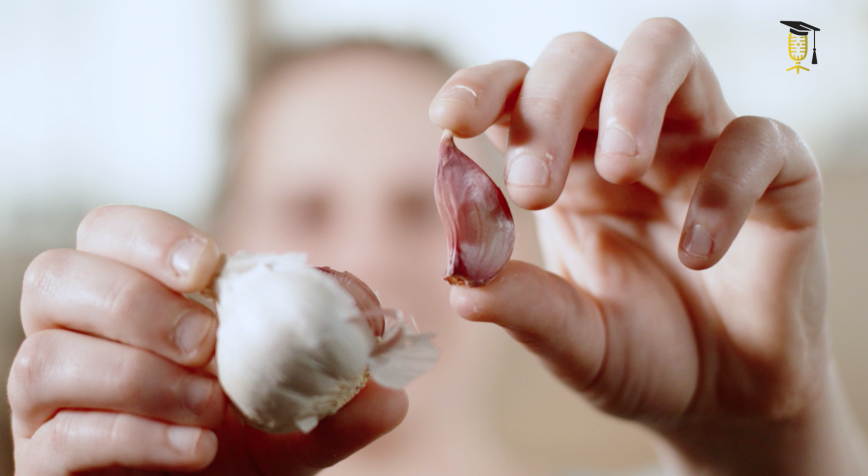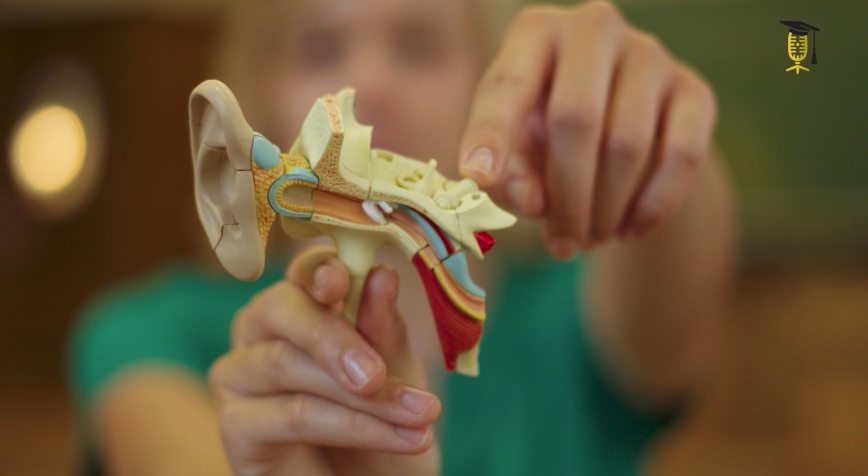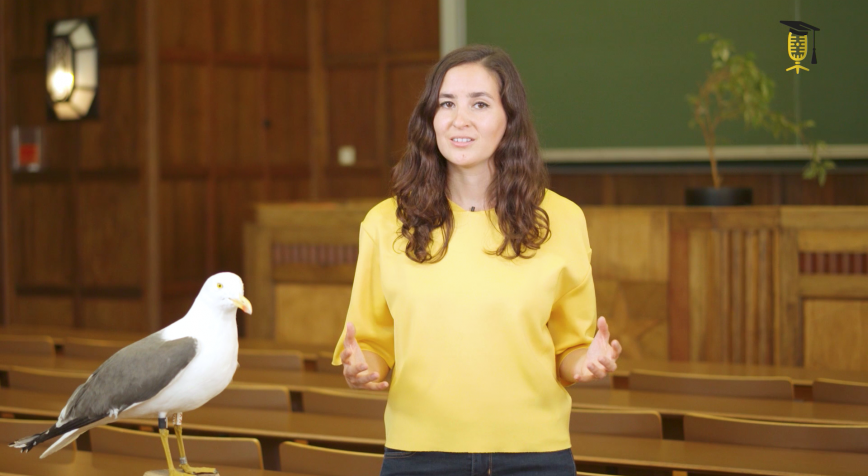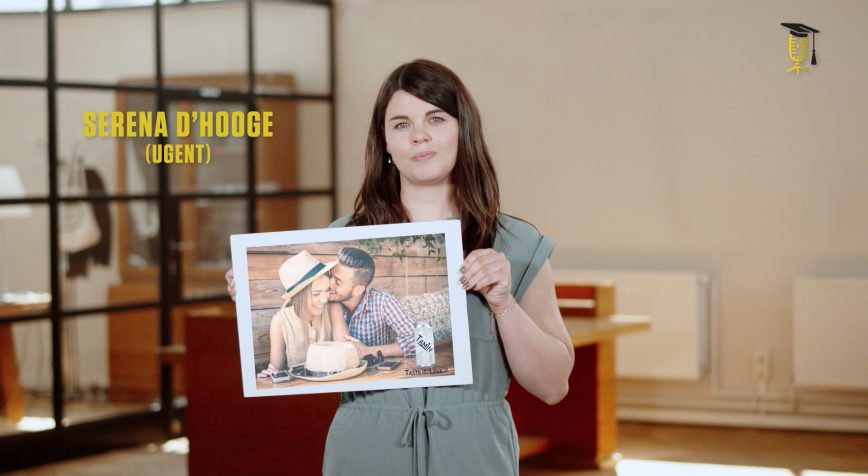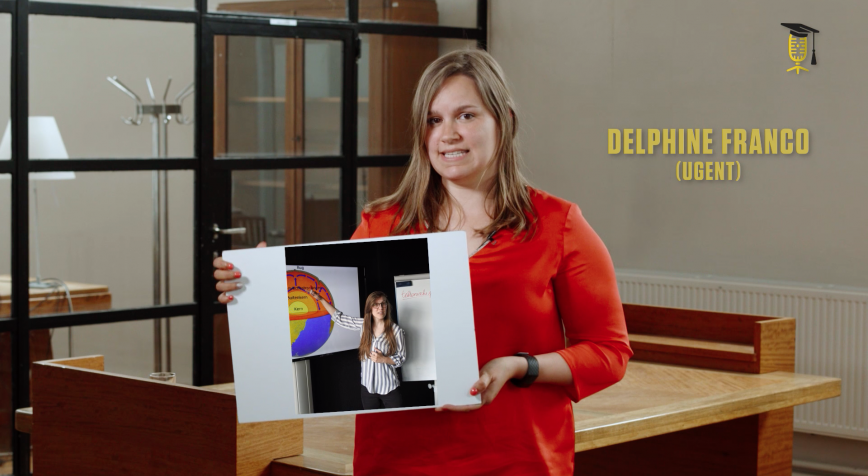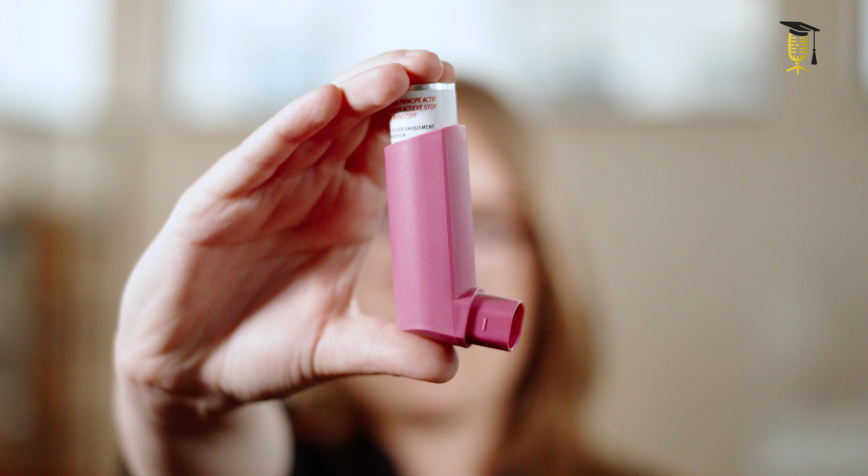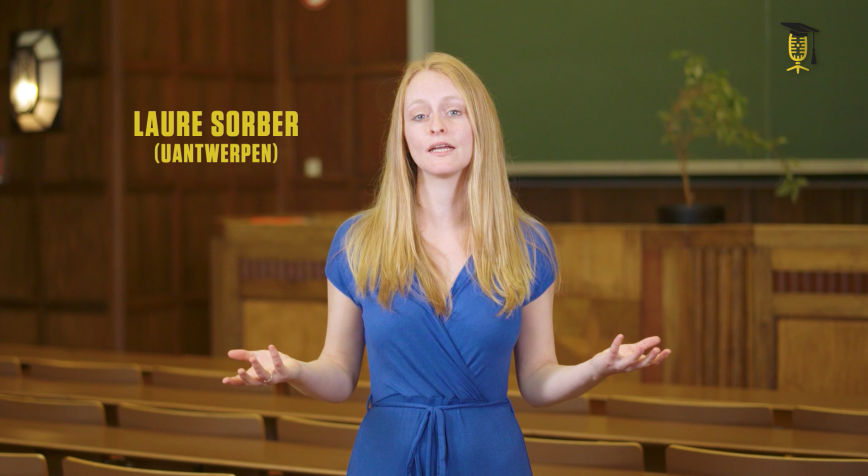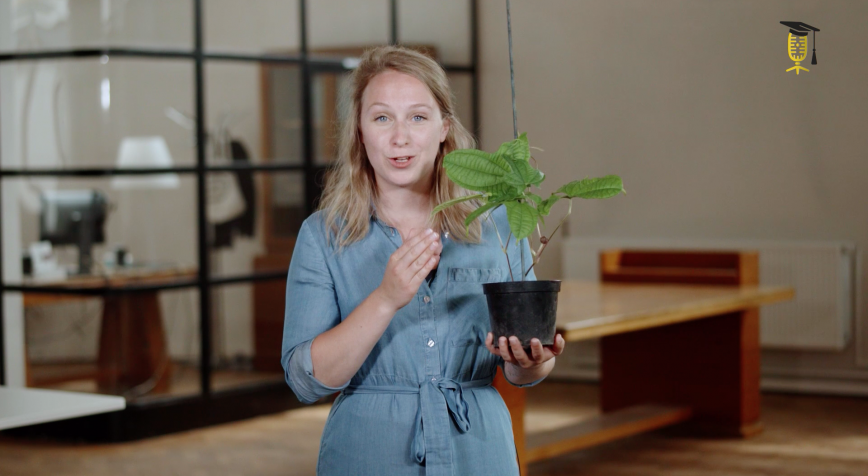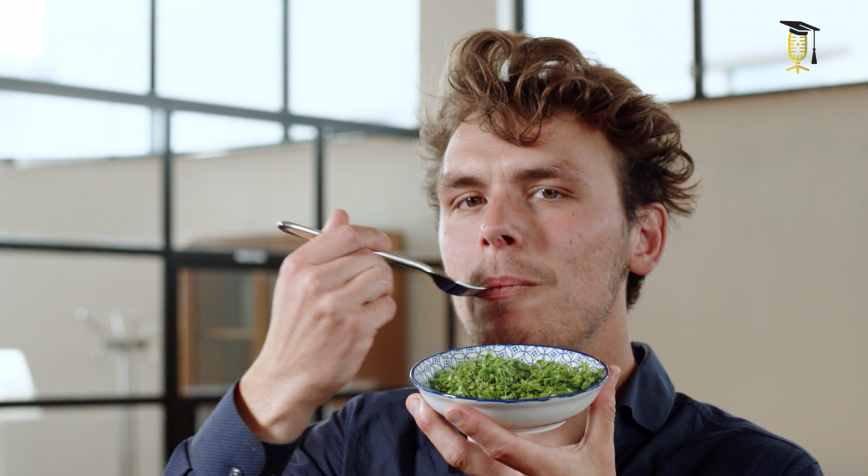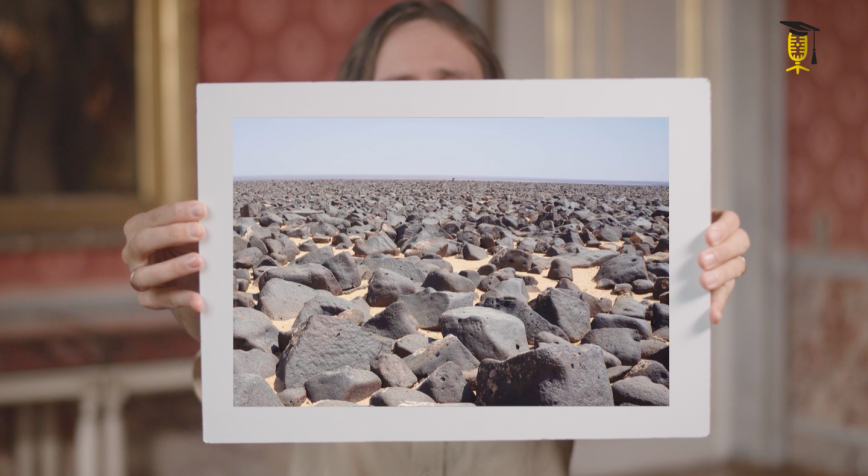
UGent
Surviving in dry environments: lessons from the past
As a result of climate change, more and more areas in the world are suffering from drought. Can we draw lessons from the Ancient past, where people learned to adapt to life in arid regions of the Near East and built entire communities there?
